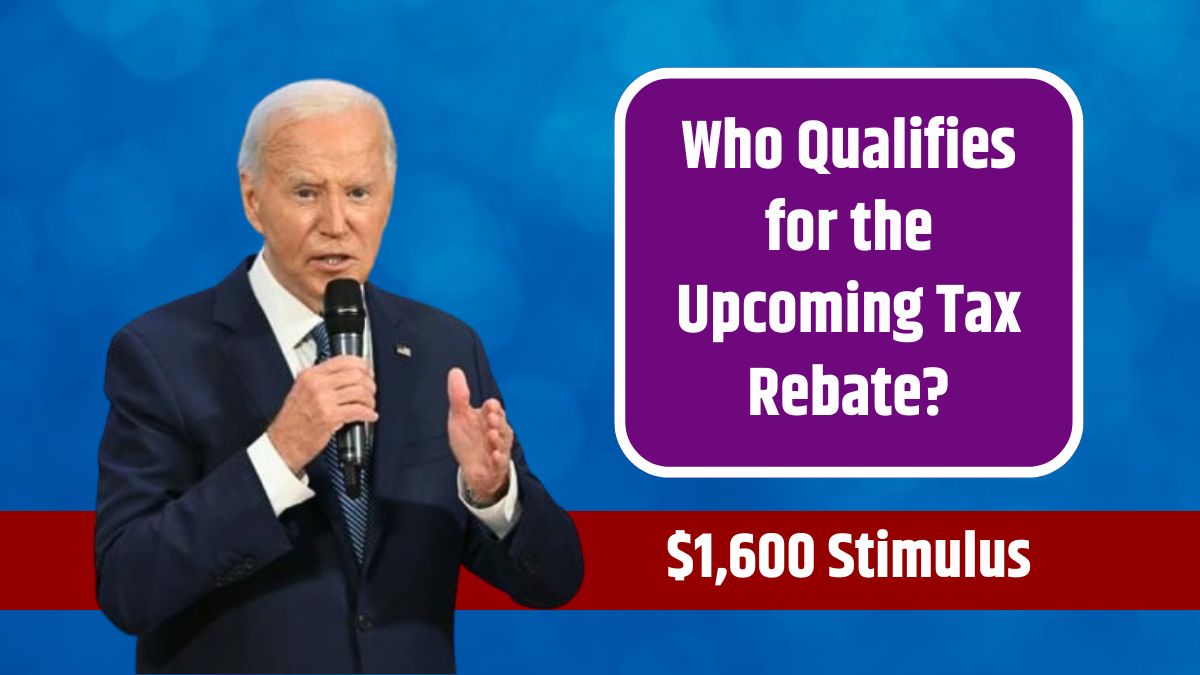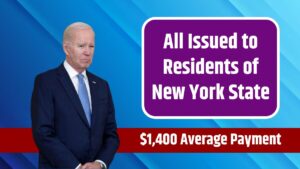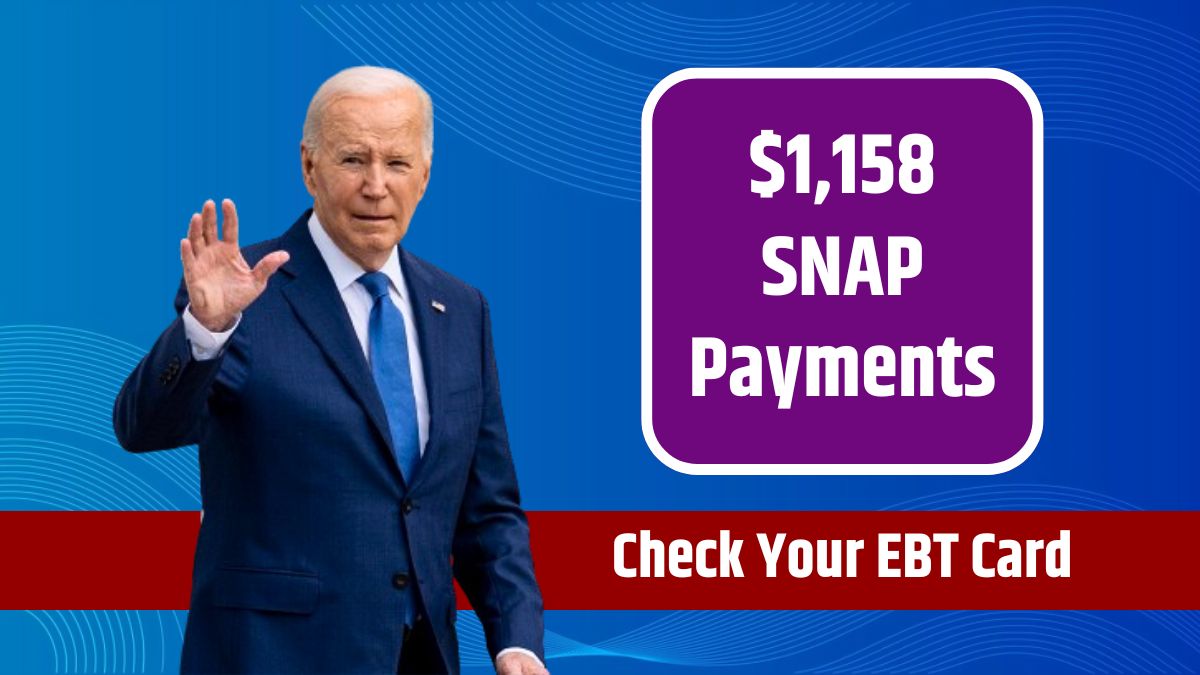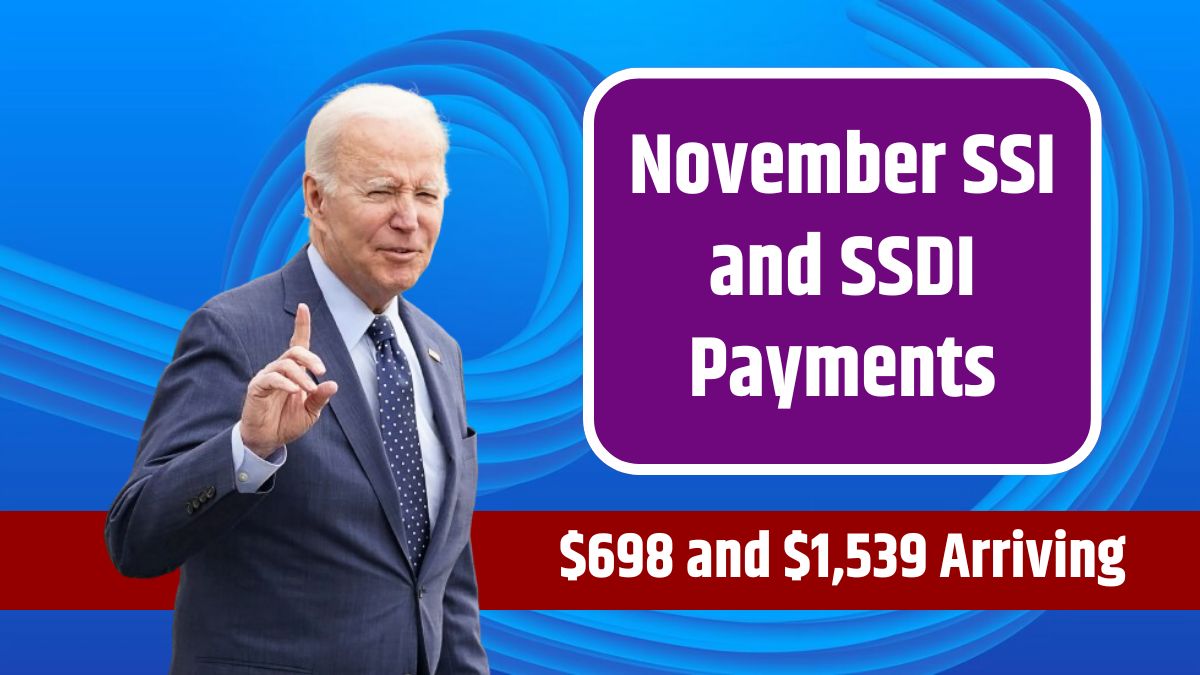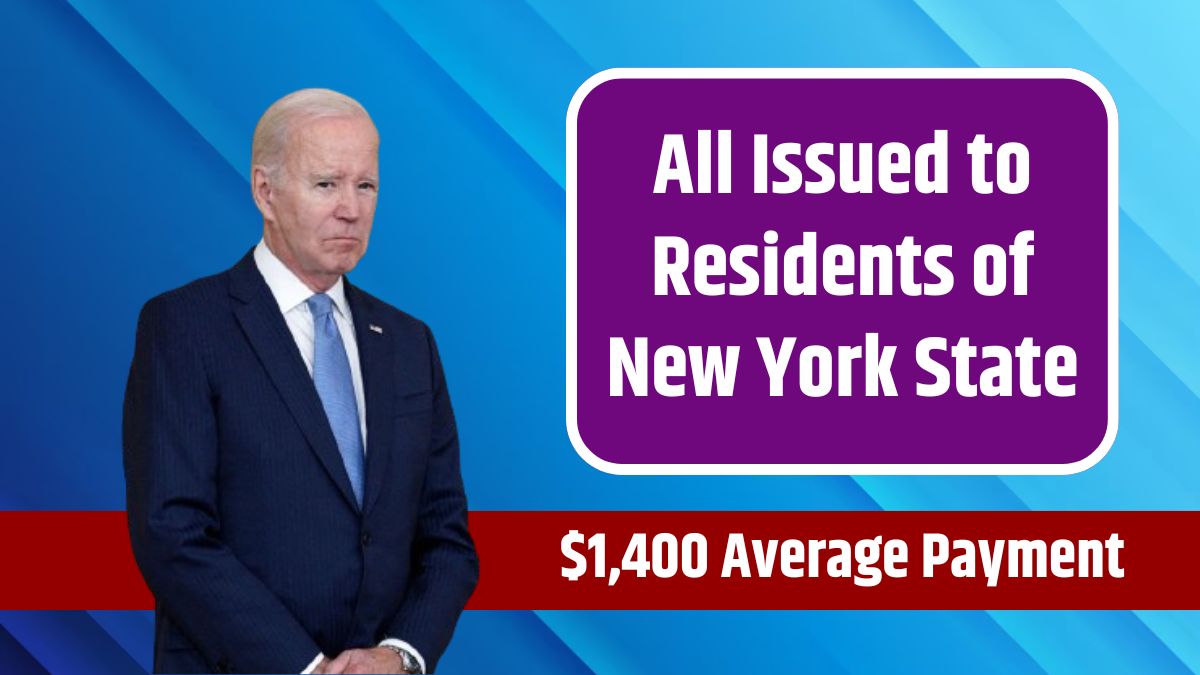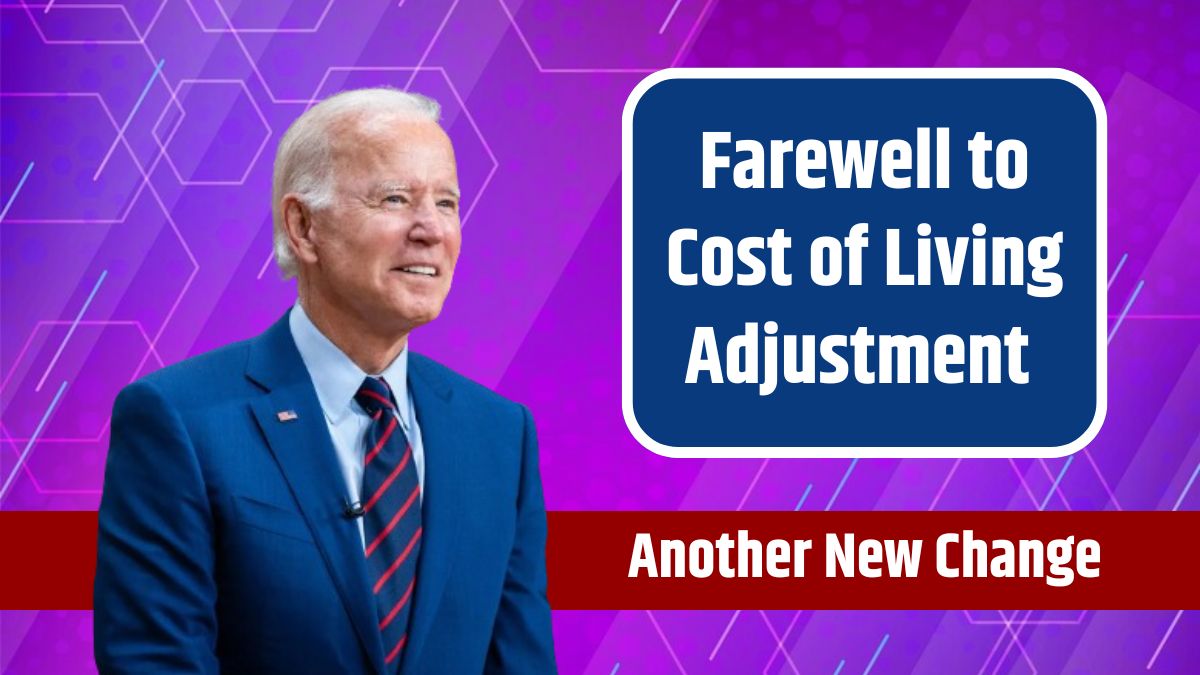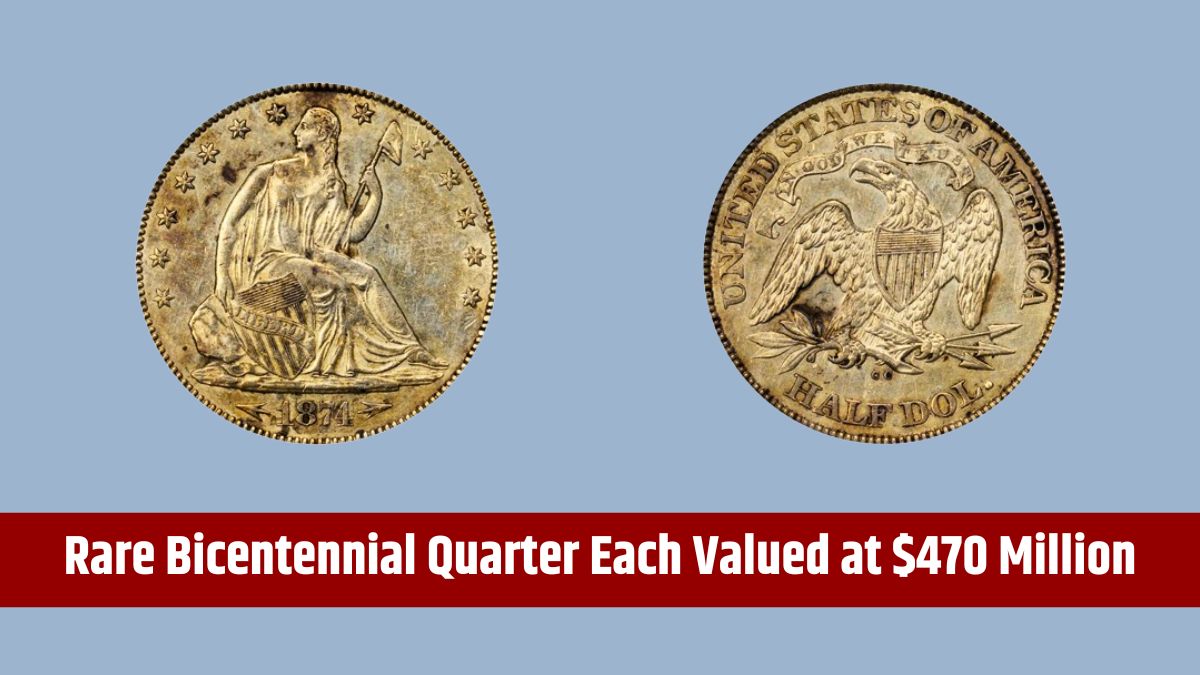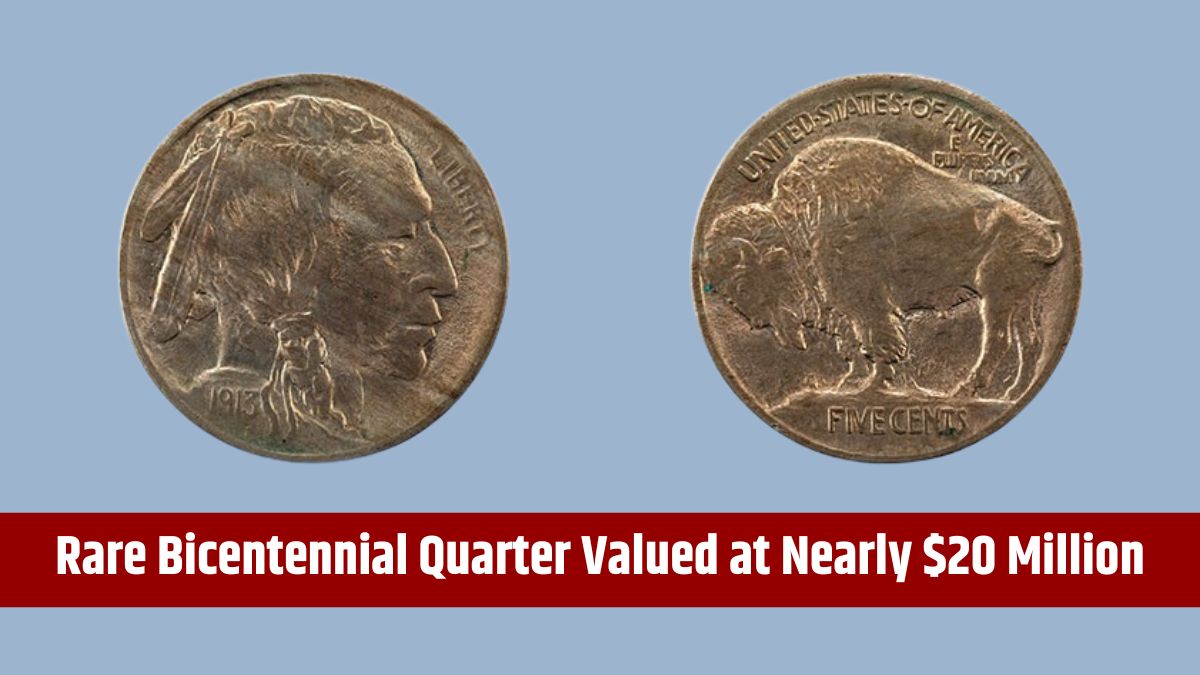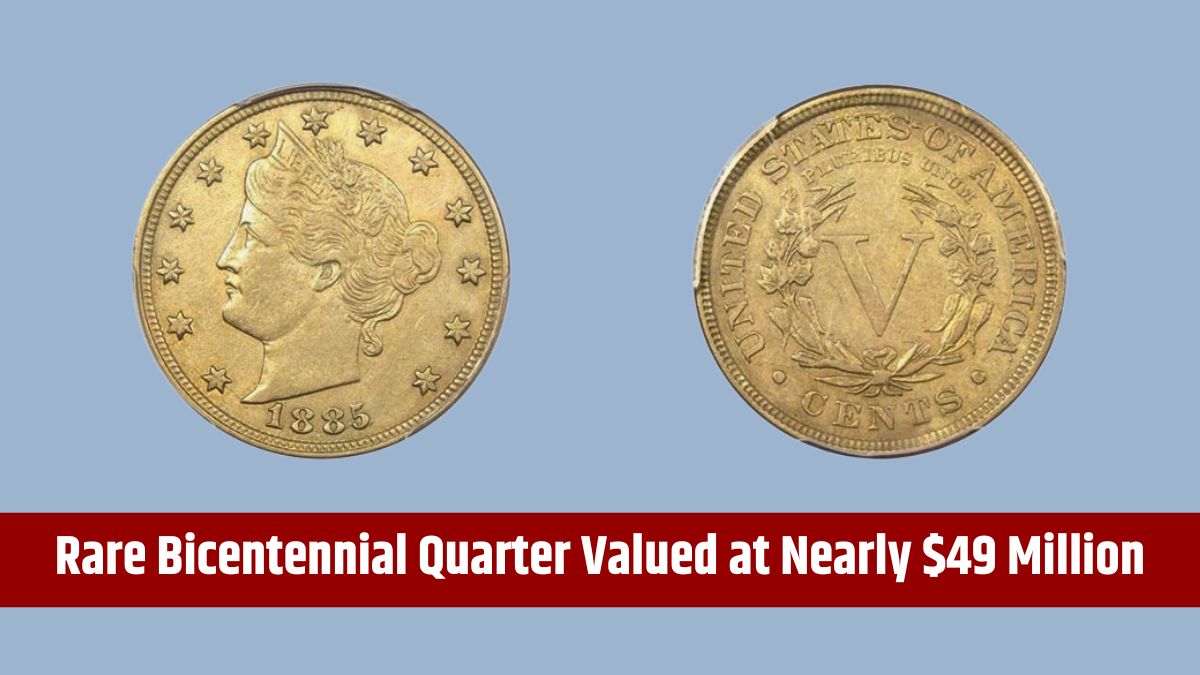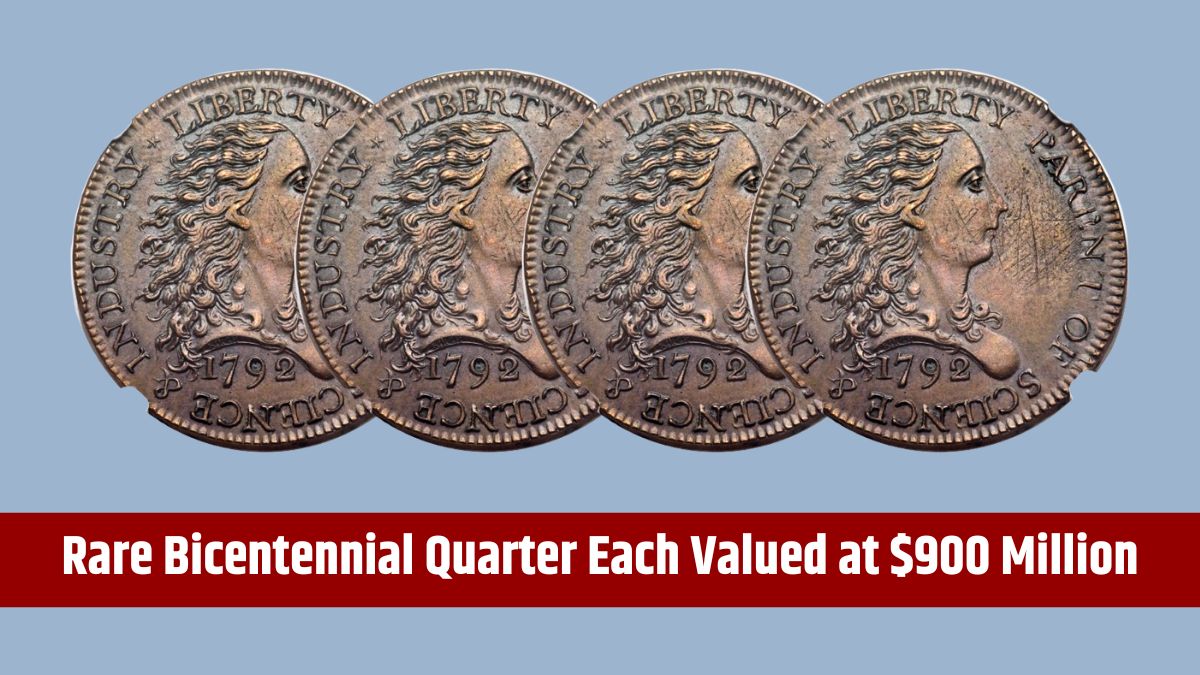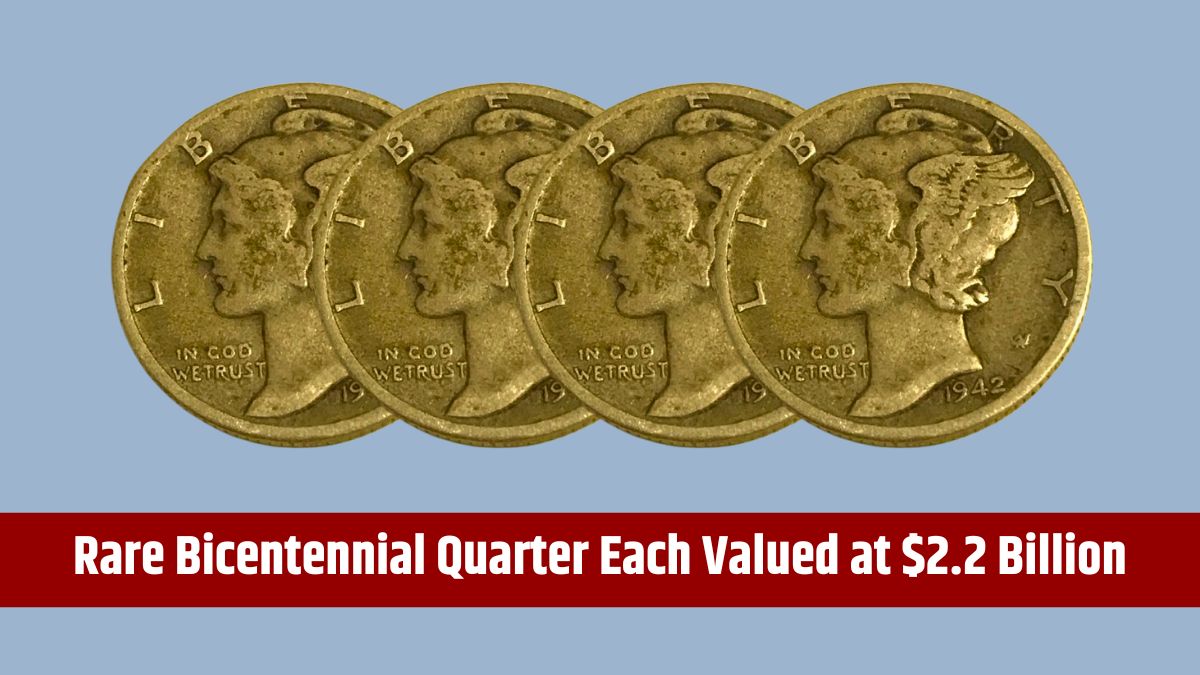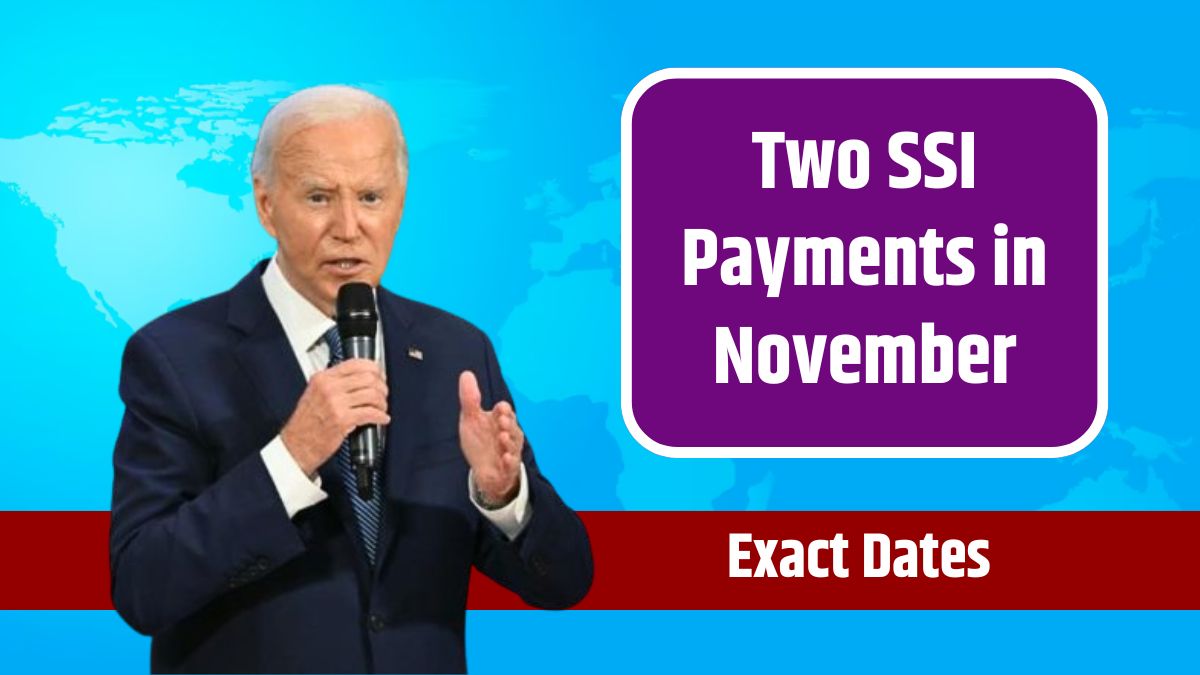With inflation and living costs on the rise, Oregon’s Measure 118 stimulus proposal could provide much-needed financial relief for residents. If passed, Measure 118 would offer eligible Oregon households up to $6,400 over three years through a tax credit or direct cash rebate, designed to help low- and middle-income families weather the cost-of-living crisis as winter approaches.
118 Would Work
Measure 118 proposes to give each eligible resident a $1,600 credit or rebate, with families able to claim this benefit for up to six members, totaling $6,400 per household. Payments would be distributed over three years, focusing primarily on Oregon residents who meet specific income requirements and who have spent at least 200 days in the state over the past year. This approach aims to help low- and middle-income families facing high housing costs.
Eligibility
One of Measure 118’s main priorities is to support renters facing soaring housing costs. Kim McCarty, Executive Director of the Community Alliance of Tenants, expressed strong support for the measure, highlighting its potential impact on housing stability. For many low-income renters, this extra income could be crucial for maintaining housing and avoiding homelessness in a difficult housing market.
According to McCarty, “Measure 118 is a lifeline for Oregon renters facing skyrocketing costs. For too many, a $1,600 check is the difference between a stable home and homelessness.” Oregon has experienced increased housing instability due to a severe shortage of affordable units and rising rents, making this measure especially timely.
Potential Hurdles
While Measure 118 offers significant support for many Oregonians, it’s not without its challenges. Funding the proposal requires a change to Oregon’s corporate tax structure: an increase in the corporate tax rate to 3% on income over $25 million. This tax adjustment has sparked debate, as there are concerns that companies may pass this increased tax onto consumers, raising the cost of goods and services for Oregon residents.
Michael Ryan, a finance expert, explained to Newsweek that “we’re seeing more states experiment with various rebate structures, but Oregon’s proposal is one of the most aggressive. It’s part of a broader trend of states trying to address income inequality through direct payments.” Despite the benefits, the funding mechanism of Measure 118 remains a contentious issue.
Broader Implications
If passed, Measure 118 would align Oregon with a national trend of states implementing direct rebate structures to reduce income inequality. Similar programs have been introduced in other states, though Oregon’s measure is particularly ambitious. By focusing on direct cash rebates or tax credits for low- and middle-income families, Oregon aims to boost financial security for residents affected by rising living costs.
The vote on Measure 118 is set for November, and if successful, it will be a notable step forward in addressing Oregon’s affordability crisis and reducing housing instability. As more states experiment with such programs, the results of Oregon’s measure could influence future financial support models across the country.
FAQs
How much could families get with Measure 118?
Up to $6,400 for a family of six over three years.
What is the payment structure for Measure 118?
$1,600 per person, distributed over three years.
Who qualifies for Measure 118?
Low- and middle-income Oregon residents who lived in the state 200+ days.
How will Measure 118 be funded?
By increasing corporate tax on income over $25 million to 3%.
When will the vote on Measure 118 take place?
The vote is scheduled for November.

